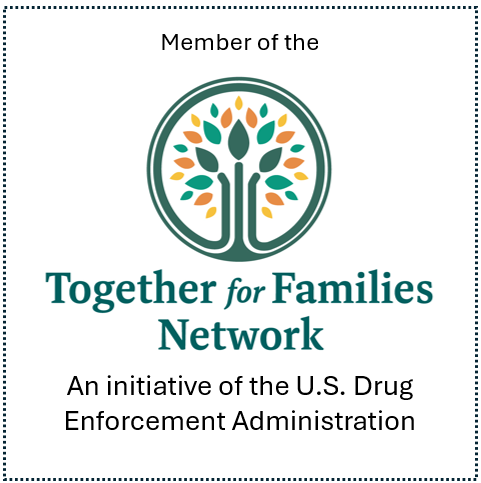What’s Wrong With Serving Minors
Ask the Experts | Clarity Counseling & Wellness
With summer in full swing, it is essential to address the potential dangers associated with parents providing alcohol to minors during celebratory events. As social workers and alcohol and drug counselors, we feel it is crucial to raise awareness about the risks to both the development and well-being of adolescents, as well as the legal ramifications that parents and children may face.
Alcohol consumption during adolescence can significantly impact the physical, emotional, and cognitive development of young adults. The teenage brain is still in the process of maturation, particularly the prefrontal cortex responsible for decision-making, impulse control, and risk assessment. Exposing developing brains to alcohol increases the likelihood of long-term negative effects, including impaired cognitive function, memory problems, and reduced academic performance.
Providing alcohol to minors at graduation and other celebrations raises serious safety concerns. Adolescents who consume alcohol are more likely to engage in risky behaviors such as drunk driving, unprotected sexual activity, physical altercations, and substance abuse escalation. Impaired judgment and coordination can lead to accidents, injuries, or even fatalities, impacting not only the individuals involved but also their families and communities.
In Michigan, providing alcohol to minors is a criminal offense under the Minor in Possession (MIP) law. Parents or guardians who furnish alcohol to individuals under the age of 21 can face legal consequences, including fines, imprisonment, community service, and probation. Moreover, parents may be held liable for any harm caused by the intoxicated minor, which can lead to civil lawsuits and substantial financial burdens.
For minors caught consuming alcohol, Michigan’s MIP law stipulates penalties such as fines, driver’s license suspension, mandatory alcohol education programs, community service, and potential impacts on college admissions. Additionally, involvement in illegal activities may tarnish their reputation and limit future opportunities.
Instead of providing alcohol to minors, parents and caregivers should consider safer alternatives that promote celebration without jeopardizing their children’s well-being. Some alternatives include hosting alcohol-free events, organizing supervised activities, encouraging responsible decision-making, and discussing the risks associated with underage drinking openly.
The risks associated with parents providing alcohol to minors are significant and cannot be overlooked. As a society, it is our responsibility to prioritize the well-being and safety of our youth. By understanding the developmental risks, impairment dangers, and legal ramifications, we can work collectively to foster environments that encourage healthy celebrations without exposing young individuals to unnecessary harm. Let us support our youth in making responsible choices that will contribute to their long-term success and well-being.
Jennifer Dees LMSW, CAADC and John George LMSW, CAADC provide an empathic and holistic approach to well-being at Clarity Counseling and Wellness, LLC. For more information, please visit: yourclaritycounseling.com






